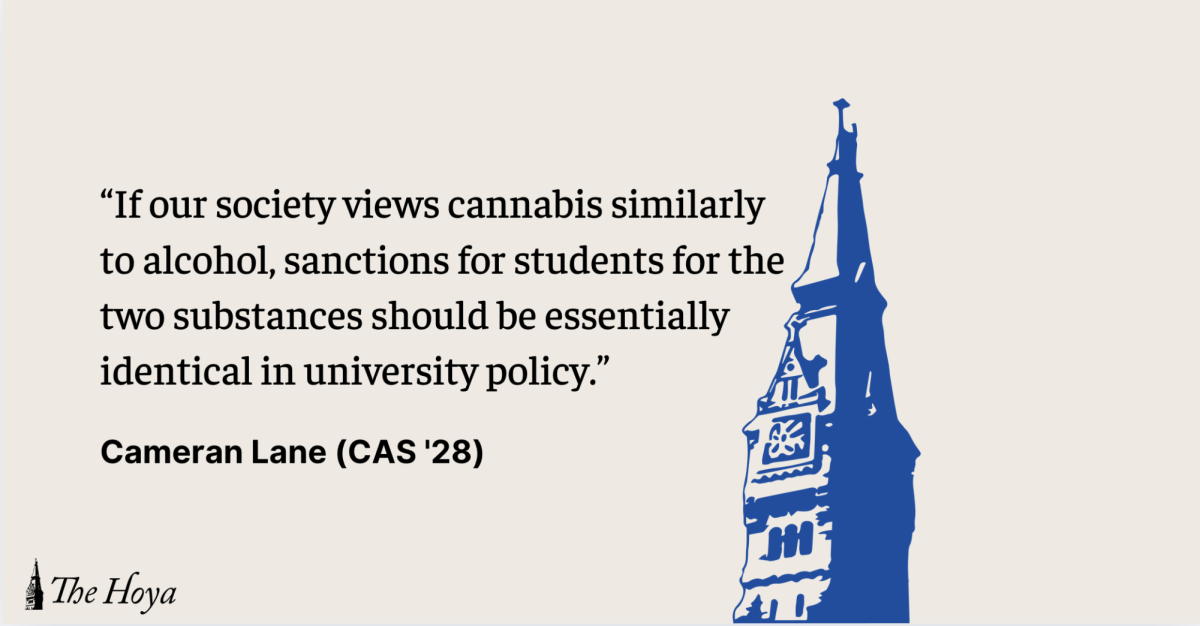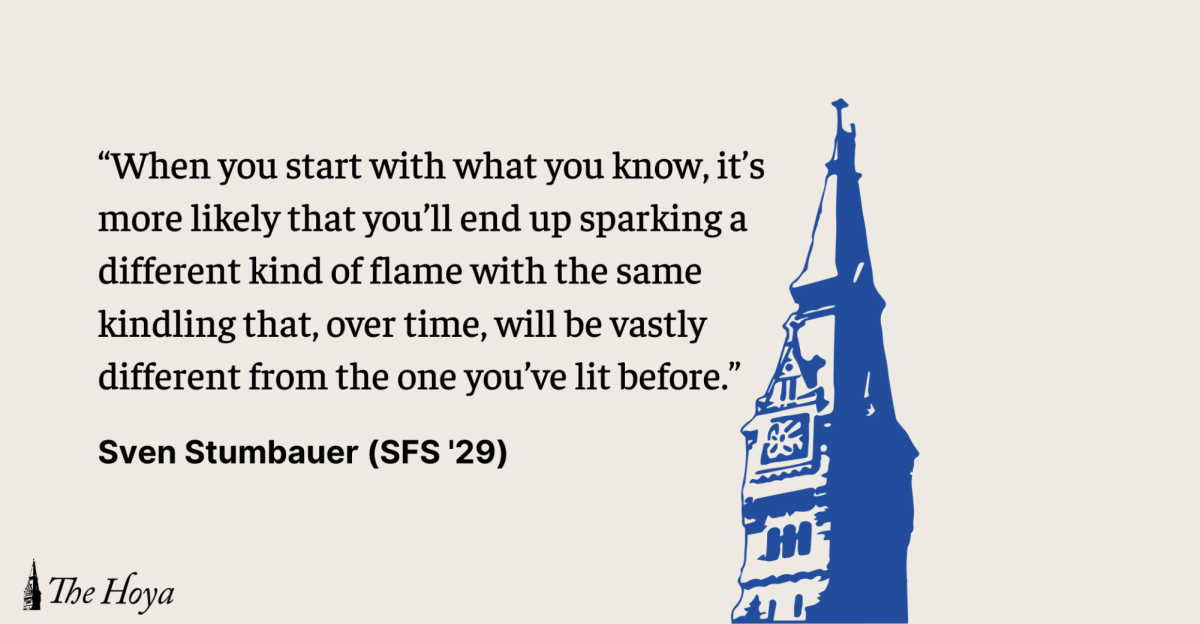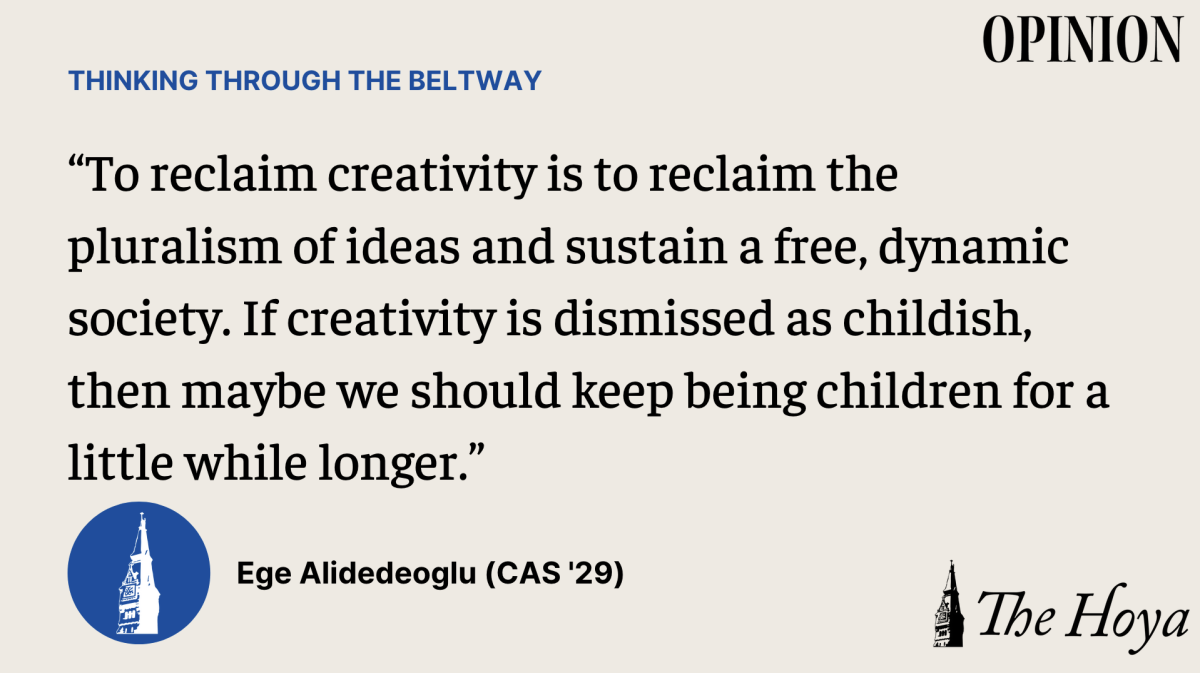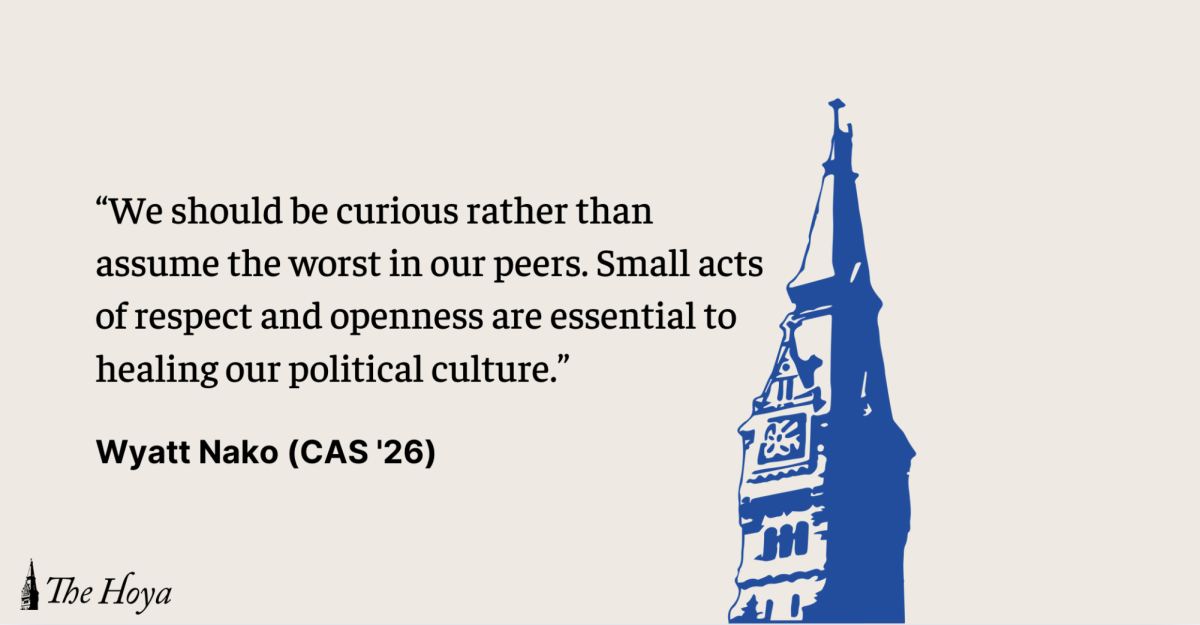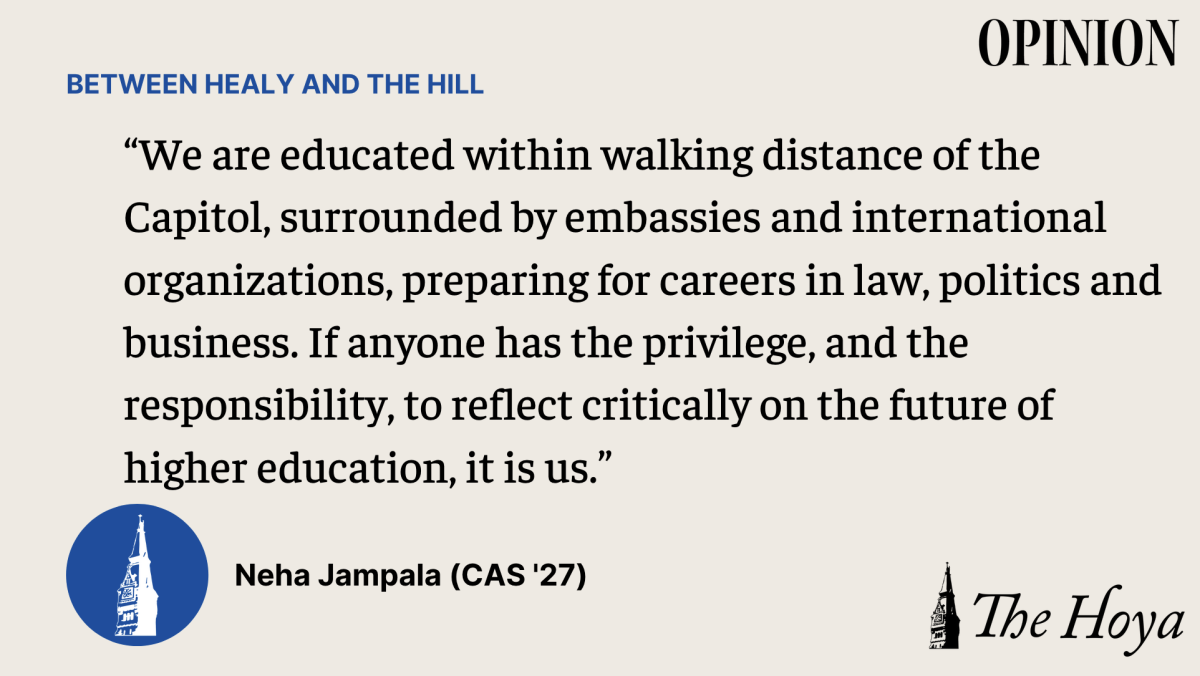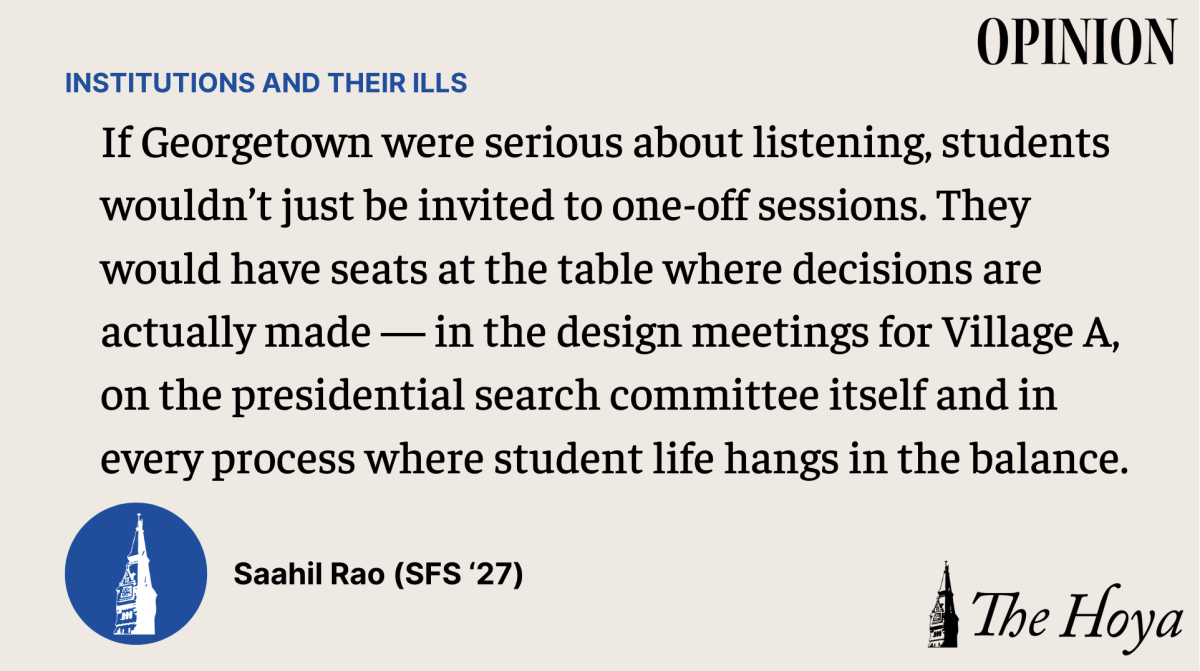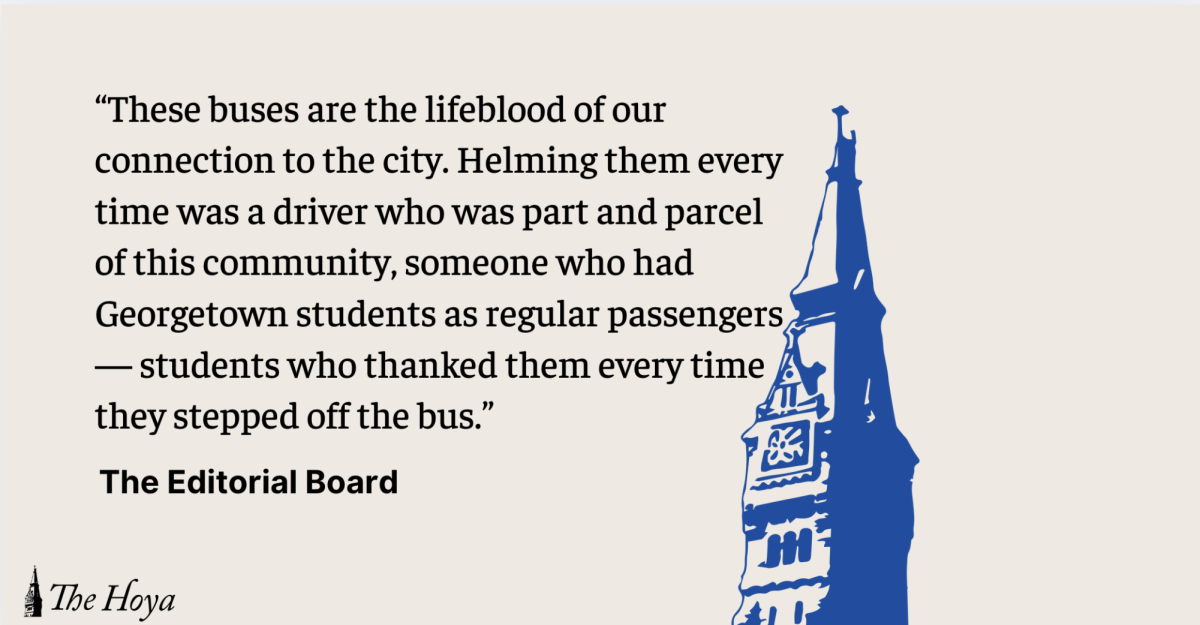There is no doubt that the cultural and political conversation surrounding cannabis use and possession has evolved over the last few decades. The smell of cannabis, once an indicator of criminal activity and counterculture, is now a normalized feature of cities and towns across the United States.
After decades of racialized demonization that fueled systemic social injustices, public opinion has largely shifted to reflect the fact that cannabis is both a medically beneficial and relatively benign psychoactive drug. It has been decriminalized for those over age 21 in the District since 2014, and legal in Virginia and Maryland since 2021 and 2023, respectively. The vast majority of Americans live in states where cannabis is legal for medicinal or recreational use. Even traditionally conservative Americans, who for decades promoted a culture of prohibition and criminalization, overwhelmingly recognize the distinction of cannabis from other more dangerous drugs. In fact, a decision to reschedule the substance from a Schedule I to a Schedule III is widely rumored to be handed down from the United States Department of Justice in the coming weeks. This rescheduling would see the federal government recognize the medical uses of the substance while decreasing levels of control. The change would make it easier for researchers, doctors and pharmacists to handle cannabis responsibly and result in fewer mandatory penalties imposed by the federal government. Rescheduling alone doesn’t “legalize” cannabis at the federal level but it does meaningfully change classifications and controls.
In 2025, cannabis is widely viewed by American society as a substance that is less harmful than alcohol and increasingly used by people of all demographics for a variety of reasons. However, Georgetown University fails to draw clear distinctions between its disciplinary policy regarding sanctions for cannabis use/possession and those for much more dangerous substances. If our society views cannabis similarly to alcohol, sanctions for students for the two substances should be essentially identical in university policy. I call on the Office of Student Conduct to revisit current policy and ensure that sanction enforcement between the two substances is consistent, clear and promotes student wellness over blanket prohibition.
First-time violators of the current cannabis policy, which is lumped into the “Other Drugs” category along with methamphetamine, heroin and other opioids, can have drastically different experiences than first-time violators of the alcohol policy. Navigating the honor system, residential living and potential criminal charges can vary by case due to the fact that alcohol policy is graduated and specific, whereas the only language in published university policy towards cannabis falls under the larger category of other drugs. Alcohol policy is detailed and education-oriented, while cannabis policy is not separated from other drugs and is brief, legalistic and prohibition-oriented. There exists no clear sanction matrix, meaning the fate of most offenders is entirely at the whim of whether the individual authority chooses to pursue disciplinary action.
The “Go Green” initiative recently launched by the Georgetown University Student Association (GUSA) seeks to remedy this discrepancy through a modernization of the university’s cannabis policy. The initiative passed the GUSA Senate on Sept. 7, where I was happy to join my colleagues in unanimously supporting the legislation. It was made clear from the beginning that the initiative does not require removing sanctions or force the university to risk federal funding by violating the Drug-Free Schools and Communities Act, which requires college campuses that receive federal funding to prohibit use or possession of illicit drugs and alcohol. Through its proposal, GUSA only seeks policy consistency around cannabis use on campus. The Office of Student Conduct must work to align sanctions with harm reductions, replacing blanket policies of “zero tolerance” toward cannabis use with a tiered, educational approach similar to how alcohol-related violations are handled.
Removing unnecessarily harsh punishments for low-level possession and use of cannabis while maintaining compliance is entirely possible. Adopting measures proposed by the GUSA Senate’s Go Green initiative will give students clarity on what is permissible and what is not, demonstrating the University’s commitment to student safety by expanding existing medical amnesty policies. The Office of Student Conduct has a real opportunity to build administrative transparency by creating a public, straightforward regulatory framework that promotes trust by reducing ambiguity and inconsistent enforcement.
Go Green advises Georgetown to reevaluate its cannabis policy for the next decade, opting for a more modern solution focused on safety and harm-reduction, as well as keeping the university compliant and treating students fairly and responsibly. The Office of Student Conduct must act now to uphold Georgetown’s commitments to social justice and student equity. Now is the time to Go Green.
Cameran Lane is a sophomore in the College of Arts & Sciences.


